Why Are Pilots Like That?
Have you ever talked to a cop who is off duty? There’s something there…it still seeps through. You can’t quite put your finger on it, but he seems cop-like. As I am sitting in an FBO drinking their free coffee (and wondering how often they clean the coffee pot), I watch pilots and passengers drifting in and out of the waiting area and most of the time I can tell who is a pilot and who is a passenger. What are the signals that pilots radiate that non-pilots don’t? Perhaps it is the self-assurance, focused manner and gait exhibited by the pilots whereas the passengers seem anxious and bewildered.
The Air Line Pilots Association has conducted studies on the pilot personality. They concluded that pilots tend to exhibit 24 traits. Traits are the ways that we typically respond to given situations. Obviously, every pilot won’t have each and every trait but they tend to have at least half of them. How many of these pilot personality traits do you THINK you have? Read on and at the end of this article, you can assess how you stacked up to my sampling group of experienced pilots that I asked to perform this same exercise.
The 24 Pilot Personality Traits
- Physically and mentally healthy
- Reality based
- Self-sufficient
- Difficulty trusting anyone to do a job as well as themselves
- Suspicious
- Intelligent but not intellectual
- They like “toys”
- Good at taking things apart and putting them back together
- Concrete, practical, linear thinkers rather than abstract, philosophical, or theoretical.
- More analytical than emotional.
- Reality-oriented
- Goal-oriented
- Short term goal orientation and not long-term goal driven.
- Bimodal (black/white, on/off, good/bad, safe/unsafe)
- Tend to modify environment instead of their behavior
- Hunger for excitement
- Competitive
- Do not handle failure well
- Low tolerance for personal imperfection
- Long memories of perceived injustices.
- Draw conclusions about people at a glance rather than relying on long and emotion-laden conversation.
- Avoid introspection
- Have difficulty revealing, expressing, or even recognizing feelings.
- When experiencing unwanted feelings, a tendency to mask them with humor or anger.
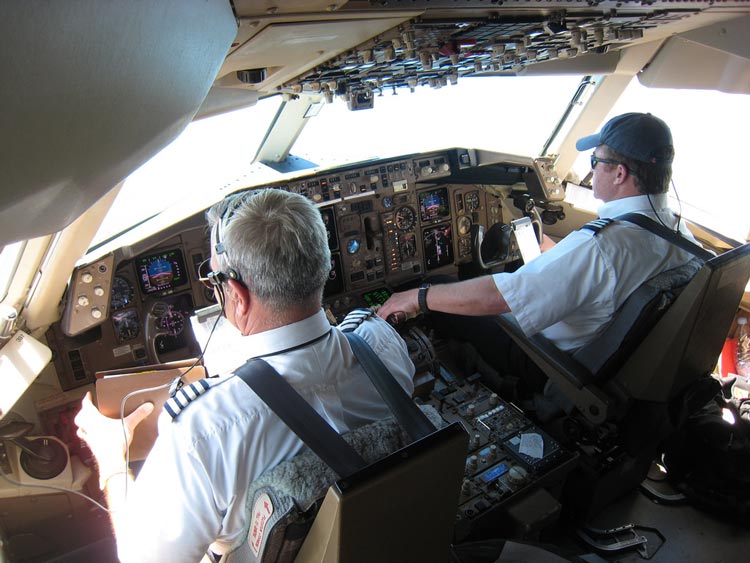
My wife and I have been married long enough that we can finish each other’s sentences. I gave her the ALPA list of pilot personality traits and asked her to mark those that described me. I’ve been a pilot a long time and though some may disagree, I define myself professionally as one. To keep things honest, I told her I did not want to see her choices. I was expecting her to select most of them. Good grief! She chose 11, falling short of even half of them! “So THIS has been my problem all these years!” I thought. Maybe I am just “half a pilot” after all (like probably some of my instructors have believed).
So I did the little exercise myself, trying to be honest and objective. I ended up with 12. After expressing my surprise at both of our assessments, she shared her answers and, gadzooks, they were identical to mine except for the one; she thinks I am idealistic and I think I am reality oriented. But the thought that I only possessed half of the traits on the ALPA list was a little discomforting, especially when I believe myself to be a pretty fair pilot and, even sporadically, a pilot of Grand Poobah proportions.
So I am wondering if these behaviors are indigenous to the cockpit or do they ooze into a pilot’s own personality?
The Age Old Chicken and Egg Question
Do we become pilots because our DNA defines us with these pilot personality characteristics or do we become pilots and our personalities change? Let’s look closer at these traits on ALPA’s list.
Difficulty revealing, expressing, or recognizing feelings and/or masking them with humor or anger.
Being unemotional helps pilots deal with crises, but can make them insensitive toward the feelings of others. This emotional “block” can create difficulty communicating. Incidents, accidents and cases that are brought to an airline’s Professional Standards committee have the lack of communication as a primary causal factor.
Reality-based
Although some may dispute this, the very nature of a pilot’s work is to constantly be testing and analyzing reality, so clearly this is a trait you want to keep if you have it. If you don’t have this trait, it is probably because it’s one that is difficult to come by while Elvis Presley is alive and now flying incognito as a pilot for TWA.
Physically and mentally healthy
Aside from the obvious necessity of these traits due to the rigors of the job, pilots are possessive of maintaining their medical certificates so as not to jeopardize their livelihood. Some pilots have coined an expression from the name of a 1950s TV show (“You Bet Your Life”) and refer to their medicals as playing “You Bet Your Job” every six or twelve months.
Self-sufficiency, difficulty trusting anyone else to do the job, suspicious
Pilots tend to be self-sufficient and sometimes have difficulty functioning in the “team” environment. Recognizing this, the FAA and other aviation agencies throughout the world are emphasizing CRM training in pilot training. Pilots also tend to have difficulty trusting anyone to do the job as well as they can and exhibit heightened levels of suspicion; sometimes even being a little bit paranoid. In moderation, functional suspicion like this is a quality that flight managers look for in a pilot personality. They want pilots who are “on alert” for something unexpected and are always thinking, “if this happens, I’ll do that…if that happens, I’ll do a third option…” The “down” side of this tendency is that it can creep into one’s personal life, rendering relationships at risk.
Intelligent but not intellectual
The Webster dictionary definition of both intelligent and intellectual is similar, however, intellect connotes more high-level intelligence. Pilots can tell you the difference between Coke and 7-Up but intellectuals might be able to expand on their molecular structure. According to aviation psychology consultant Dr. Robert Rose, “Pilots generally have good social skills and good reasoning. Like many professional people, pilots have to deal with complex information, make decisions and deal with people. Thus, they tend to be bright and capable of good social interaction when called for. In these traits, you, as a pilot, are similar to managers, consultants and many other white-collar occupational groups…”
We like toys and are good at taking things apart and putting them back together
Pilots tend to share an innate inquisitiveness about things and tend to think in building-block fashion. This usually makes a pilot a “natural” for taking things apart, verifying how he thought it worked all along and then putting it back together.
Concrete, practical, linear thinkers rather than abstract, philosophical, or theoretical. More analytical than emotional; Goal-oriented and driven by short rather than long-term goals.
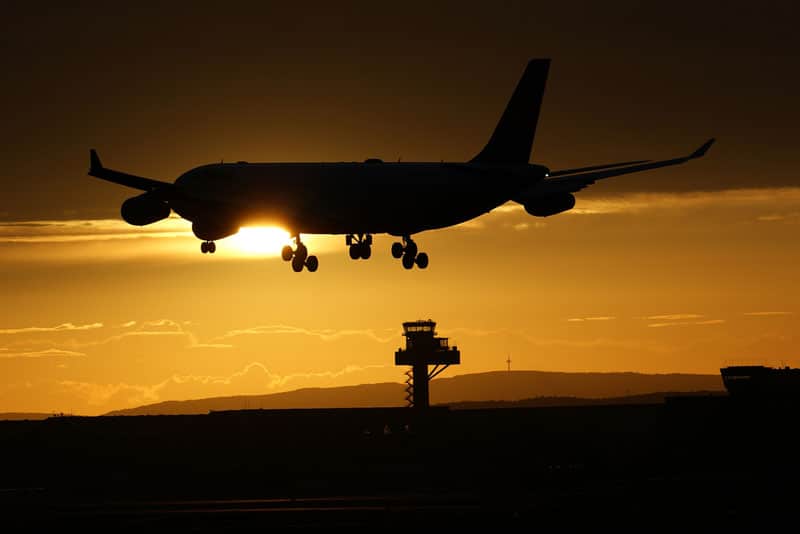
Of course; we have to be. Pilots are conditioned to deal succinctly, getting to the point of the task at hand. When we communicate with the tower, a tremendous amount of information is conveyed between us and the controller in a very brief period of time. As Dragnet star Jack Webb used to say, “…just the facts, ma’am, just the facts.” Pilots become bored easily and want information conveyed to them concisely and efficiently.
According to ALPA, “ Pilots are concrete, practical, linear thinkers rather than abstract, philosophical, or theoretical. On a scale that ranges from analytically oriented to emotionally oriented, pilots tend to be toward the analytical end. They are extremely reality- and goal-oriented. They like lists showing concrete problems, not talking about them.”
A friend of mine was hired by a major airline in the mid-1980s. The airlines were hiring in droves and he soon found himself in a Boeing 727 flight engineer class, making $21,000 per year. Three weeks later, he received a phone call from a corporate flight department to which he had applied. They offered him an immediate type rating on a Gulfstream and $75,000 per year. He quit the airlines job, went to work for the corporation and 3 years later, they sold the airplane and he was out of work. Had he stayed with the airline, he would have accrued well over a million dollars in retirement. But the lure of fast cash and a shiny new type rating on a cool plane seemed right at the time. His goal was money and prestige and he had that for three years, even though he knew the airline opportunity would probably be more solid.
Bimodal (black/white, on/off, good/bad, safe/unsafe)
Pilots are also conditioned to avoid “gray” areas because we know there are legal and/or dangerous consequences when things are left nebulous interpretation. Woe betides a pilot who cannot legally justify that his decisions fell within all safe practices and procedures. We tend to set boundaries prior to having to make decisions so that the decision is pretty much made for us. On a multi-engine airplane, if you lose an engine prior to the V1 speed, you abort. Period. No decision needs to be considered. This trait is often carried into pilot’s personal lives and that can be a problem because personal relationships very often are driven by emotion, conciliation and “gray” areas.
Modifying environment instead of behavior and avoiding introspection
Paul just can’t seem to get to work on time. He’s supposed to be there by 8 AM. There are many ways he can modify his behavior to fix this but, instead, he decides to quit his job and find one on a later shift. He starts working for another company and has no problem getting to work on time. But he and his supervisor are at odds constantly. Paul quits; finds another job. See the pattern developing? Maybe Paul needs to invoke some introspection. Maybe Paul should take a good, long, hard look at himself and make a conscious effort to change. No one is perfect. We all can improve but we have to have the will to identify our weaknesses and make an effort to improve. This starts with introspection. The first step for anyone turning to Alcoholics Anonymous to solve a drinking problem is admitting, “I am an alcoholic.” It’s the first step in solving any behavioral issues.
Competitive and not handling failures well
Some people turn the silliest things into competitions; two people rushing for the one open check-out stand at the grocery store, not to mention one of a myriad of traffic transgressions. But professionally being competitive can be a plus as well as a negative. Without competition, the quality of products and services tends to deteriorate, so in this context competition is good. From a human standpoint, I believe it is best stated in an excerpt from 1927 prose penned by author Max Ehrmann, “Desiderata” – “If you compare yourself with others, you may become vain or bitter, for always there will be greater and lesser persons than yourself.”
Theodore Roosevelt said, “Comparison is the thief of joy.” Yes, truly, there will always be people who have attained more than you and others who have achieved less. So probably the most success can be found by simply competing against yourself. As for failure, it is part of life. An unknown author wrote, “Failures are a part of life. If you don’t fail, you will never learn. If you never learn, you will never change.” So why beat yourself up after a failure? Use whatever cliche is available, “walk it off,” “pick yourself up by your bootstraps,” “get back on that horse,” BUT DO IT. Don’t dwell on it or you will stagnate.
Low tolerance for personal imperfection, long memories of perceived injustices and drawing conclusions about people at a glance
It’s probably hard to correct misbehaviors that “mama ‘n’ daddy should-a done.” Some of these traits go way back and are hard to redact in one’s personality. Low tolerance for physical imperfection is absorbed into your professional life as a pilot and relationships outside of the cockpit. If you lean hard when you perceive frailty or something imperfect in your own self, you may be setting yourself up for health problems down the road. Ease up a bit on yourself and others. It’s not worth the deleterious effects to health and personal as well as professional relationships.
Injustices can be a lot of things and it is hard for the human mind to forget, much less blow-off perceived injustices. Sometimes plain old communication can bring understanding to both parties involved. Talk it out and if it can be resolved, fine. If not, maintain a cordial and professional demeanor but be wary of showing too much of yourself to people you do not feel you can trust.
Have difficulty revealing, expressing, or even recognizing feelings and when experiencing unwanted feelings a tendency to mask them with humor or anger
There must be thousands of psychology books written to help people reverse these traits. But pilots are trained to remain cool in emergencies, so maybe being unable to show oneself can be expected. There have recently been a number of instances of pilot nut cases making the news. The reactionary legislative machinery is now quite vocal about psychological testing and assessments of pilots. It’s probably not a bad idea to keep your emotions and feelings to yourself or else you might invite an unwanted letter from the FAA.
How Many Pilot Personality Traits Do You Have?
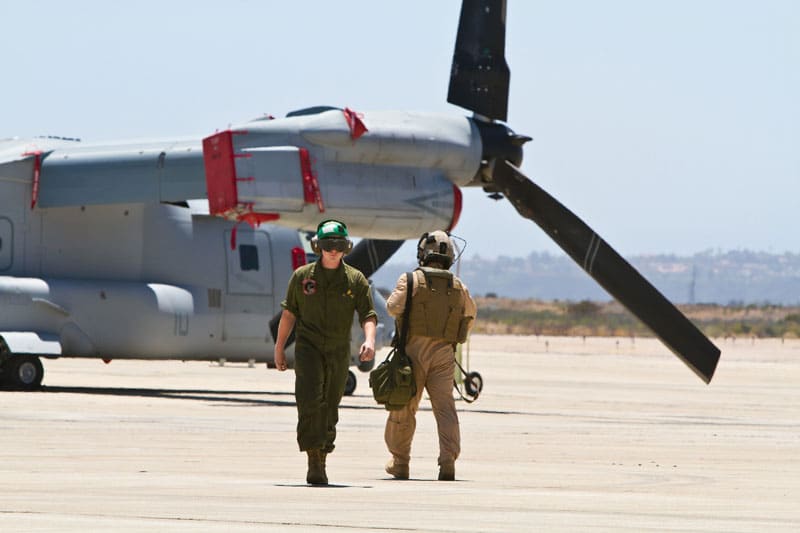 So how did you score? At the beginning of this article, you were asked to count up as honestly as possible all the pilot personality traits you feel that you possess. Now do it again. Perhaps our little discussion of the traits has influenced your objectivity. If not and you ended up with the same number, good for you!
So how did you score? At the beginning of this article, you were asked to count up as honestly as possible all the pilot personality traits you feel that you possess. Now do it again. Perhaps our little discussion of the traits has influenced your objectivity. If not and you ended up with the same number, good for you!
You may have all of them. At least because you’re a pilot, you see yourself possessing everything pilot-like. I did too. Then, as I mentioned, I gave the list to my wife. (Not even half? Really?)
It’s not scientific at all but I took this little exercise to several of the best and most accomplished pilots I have known in my career. I asked them to mark the pilot personality traits they thought they possessed. All claimed between 12 to 15 of the traits. One commented, “Several of the ALPA traits are just about the worst things a pilot should possess!” But I like the astute comment from a long-time friend, Ed O’Neill, a B757/767 captain who has spent his career managing flight operations and evaluating thousands of pilots. Captain O’Neill wrote, “A bell curve of the traits would be different for Navy fighter pilots vs freighter pilots vs corporate pilots vs general aviation pilots, etc. Also, age, experience, maturity plays a role. Some of the traits I may have had when just starting in aviation I no longer have.”
In so many ways, we’re all different but yet we’re all the same. It’s important to recognize those pilot personality traits in us that enhance the job we do as pilots and equally important to recognize and eliminate those traits that don’t.
Vern Weiss
References:
“Practical Use of the Pilot’s Personality Profile,” Robert G. Rose, PhD, AvWeb February 18, 2001
“The Pilot Personality”, Air Line Pilot Magazine, Air Line Pilots Association, 2007.
“Pilots Who Shouldn’t Be,” Kathleen Bangs, Business & Commercial Aviation Magazine, 2004.
“Naked Pilot: The Human Factor in Aircraft Accidents,” by David Beaty, Airlife Publishing Ltd., 1995.


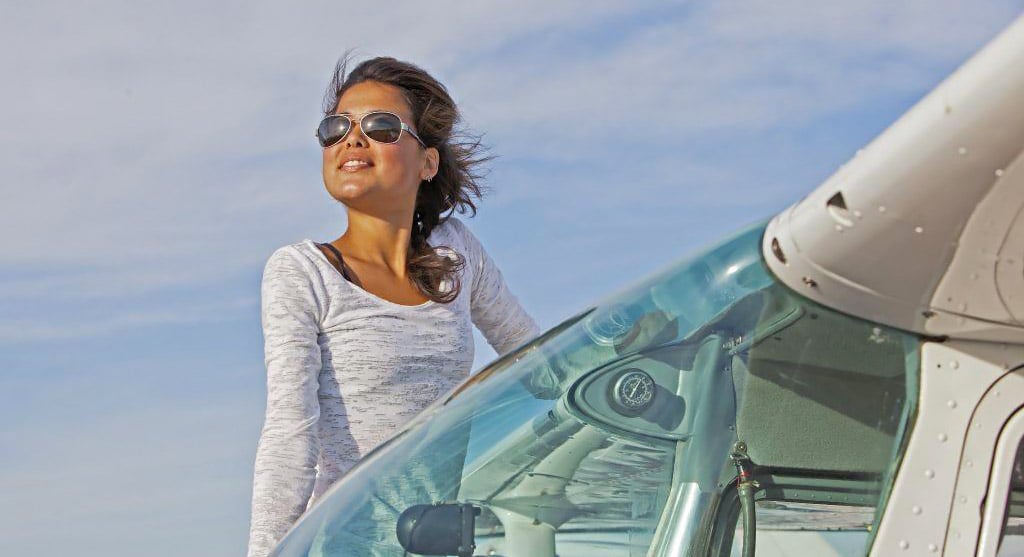
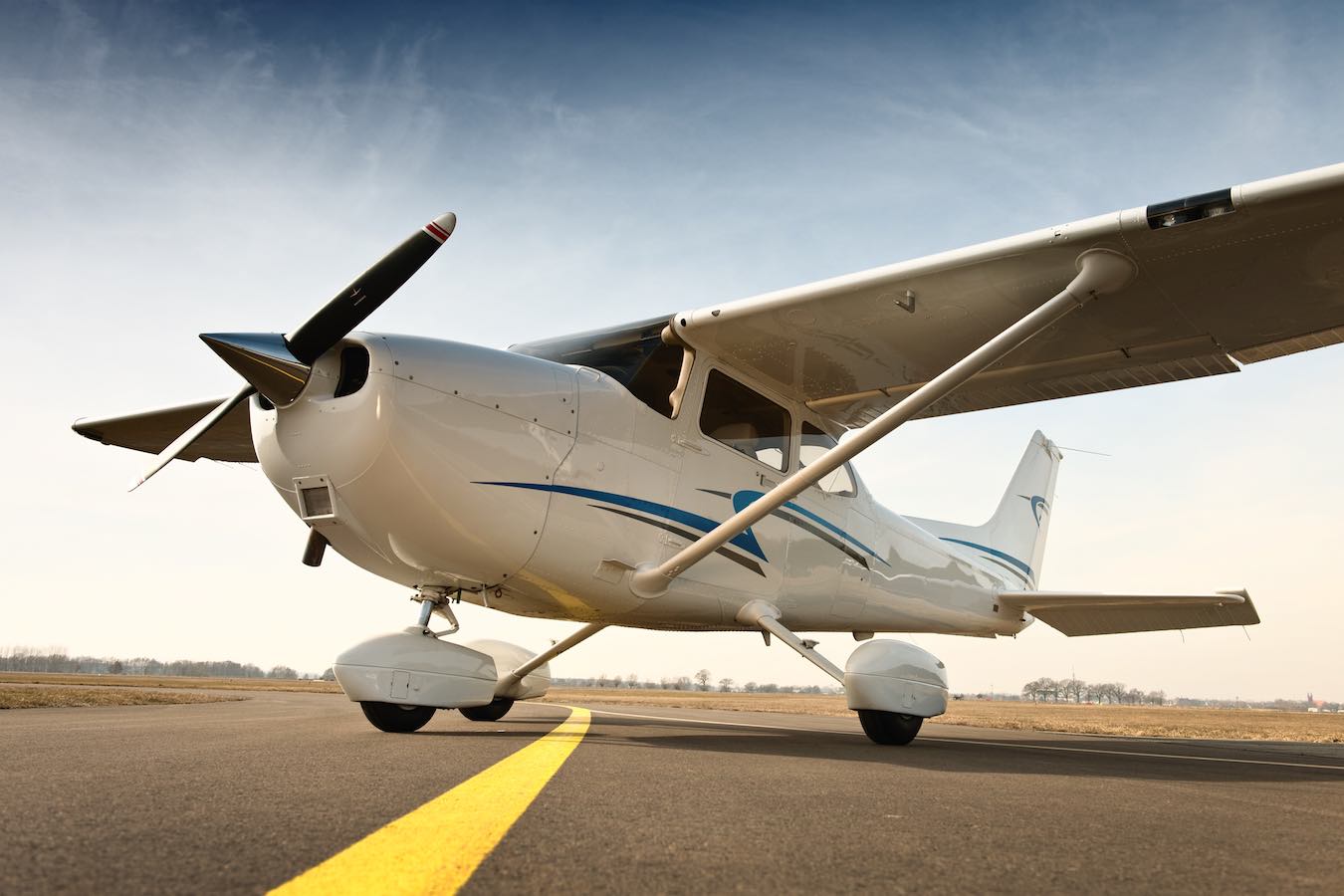
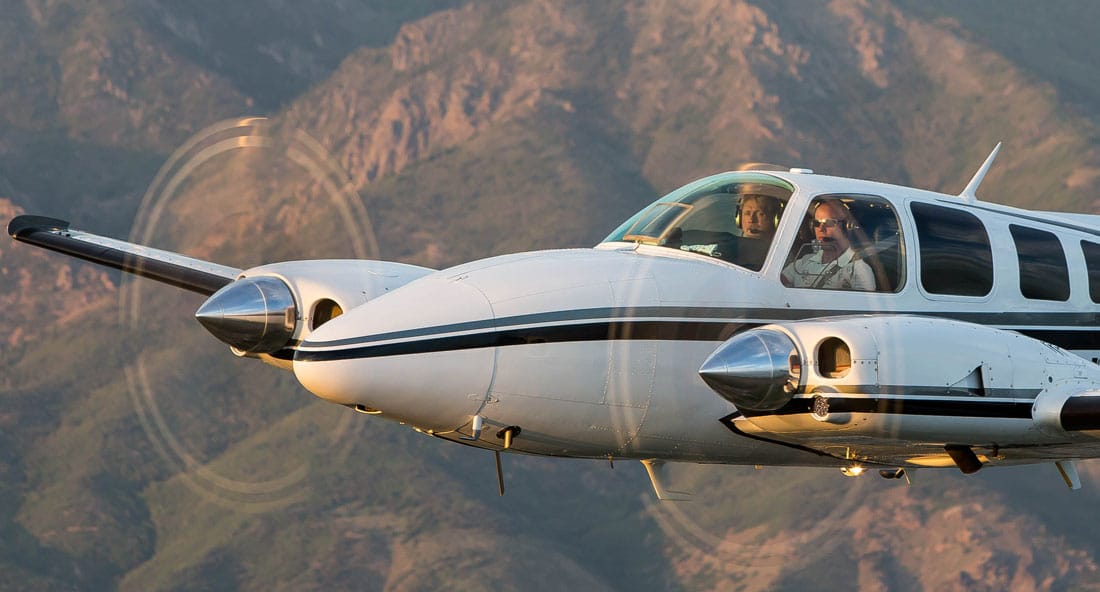
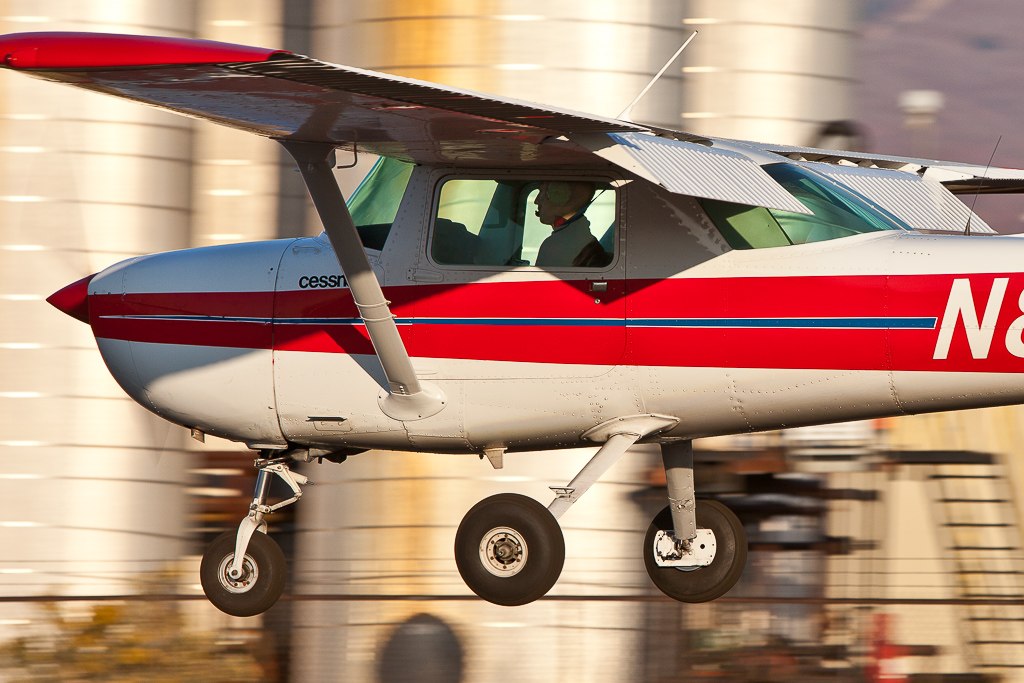

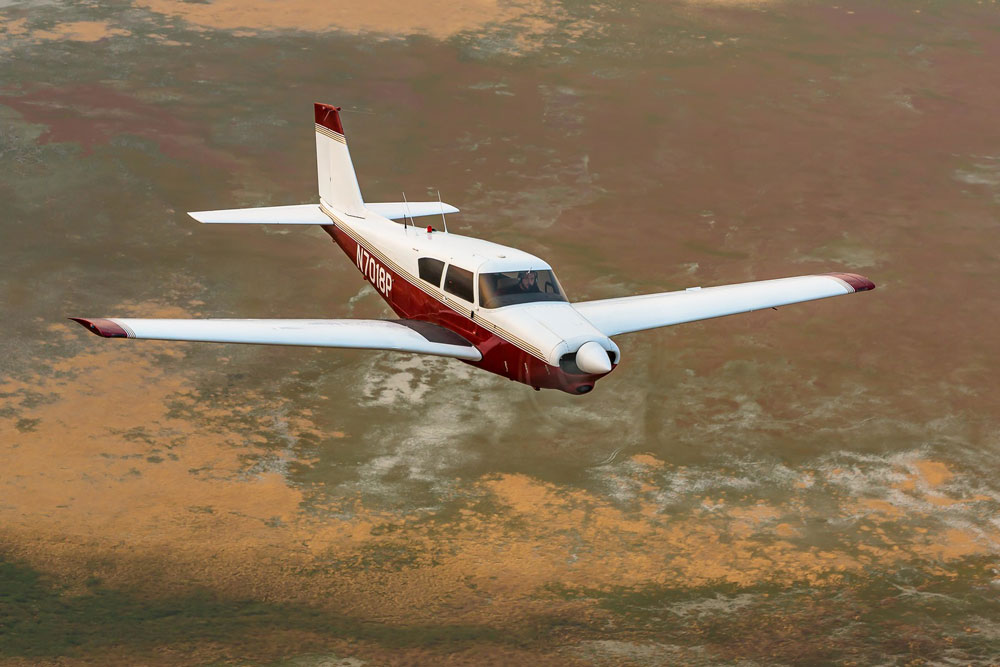
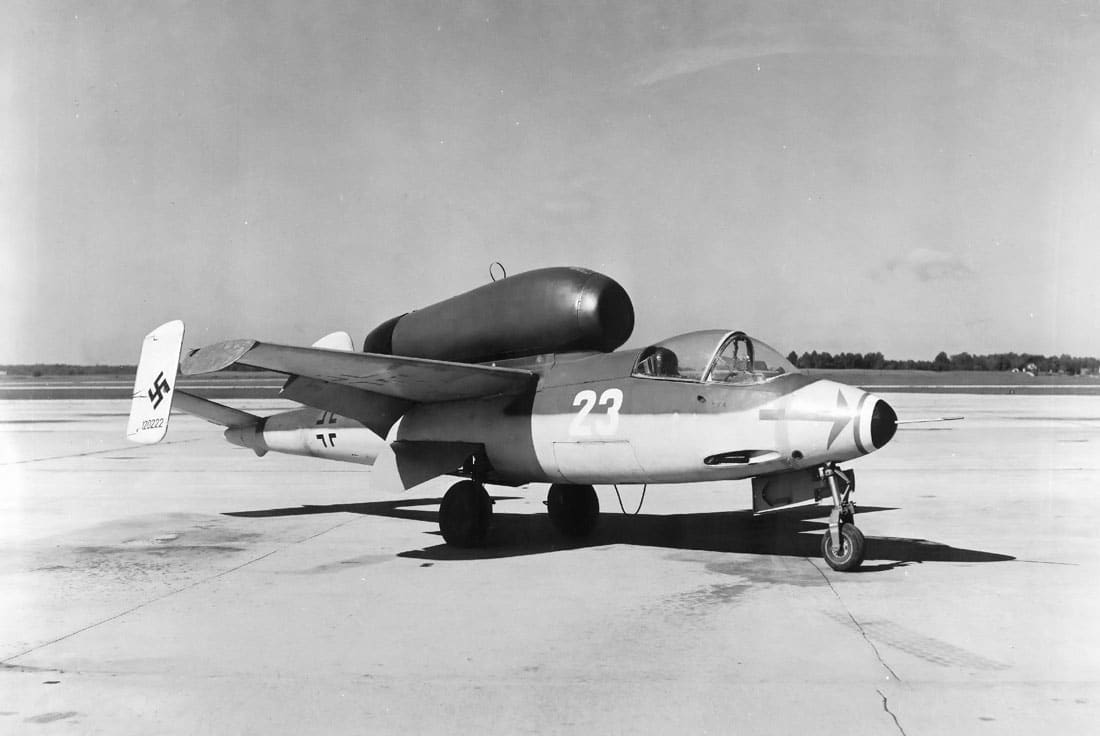
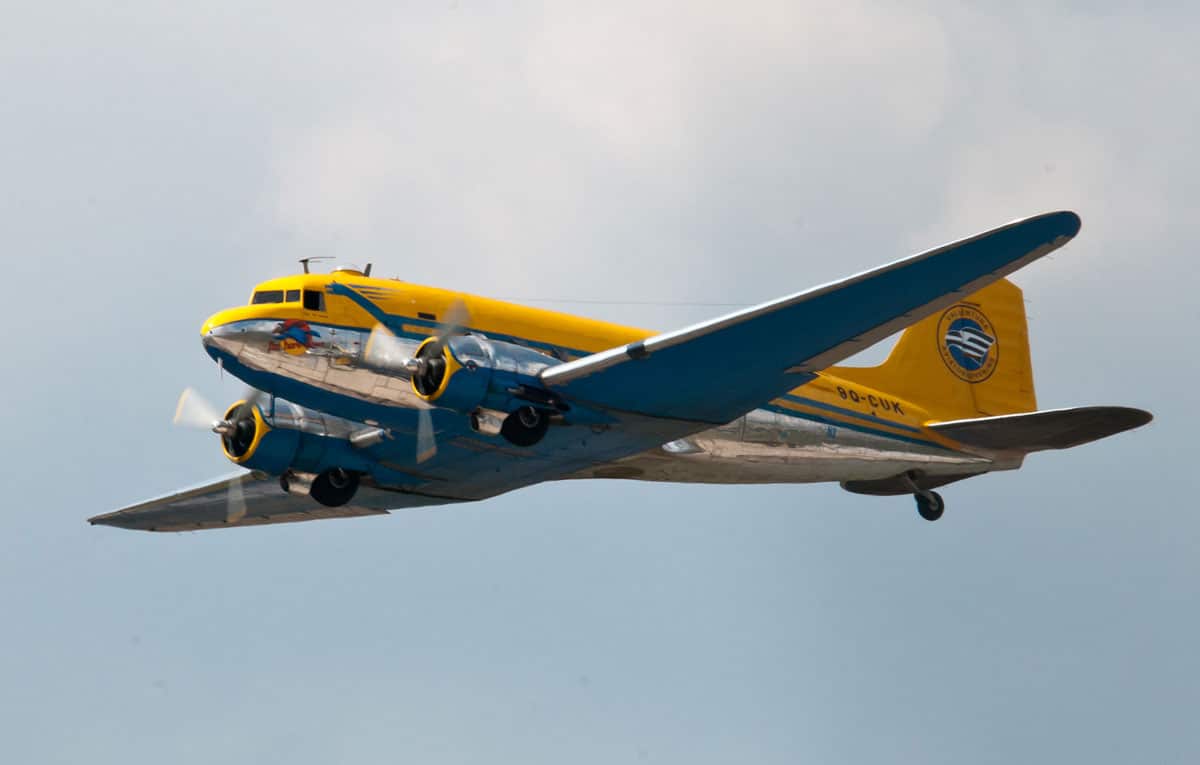

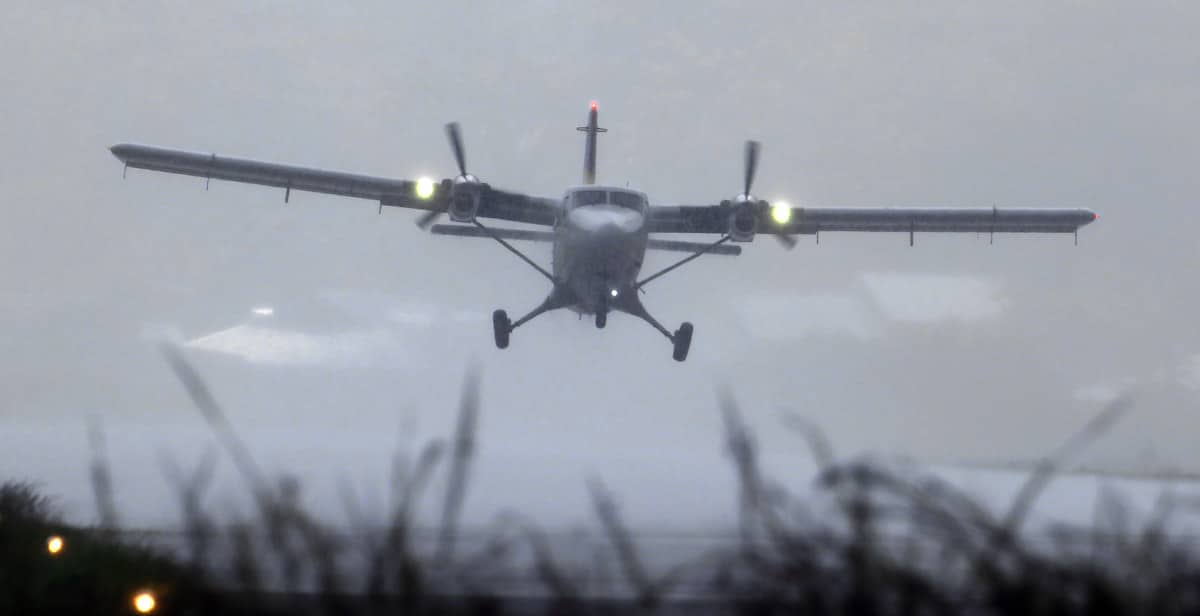
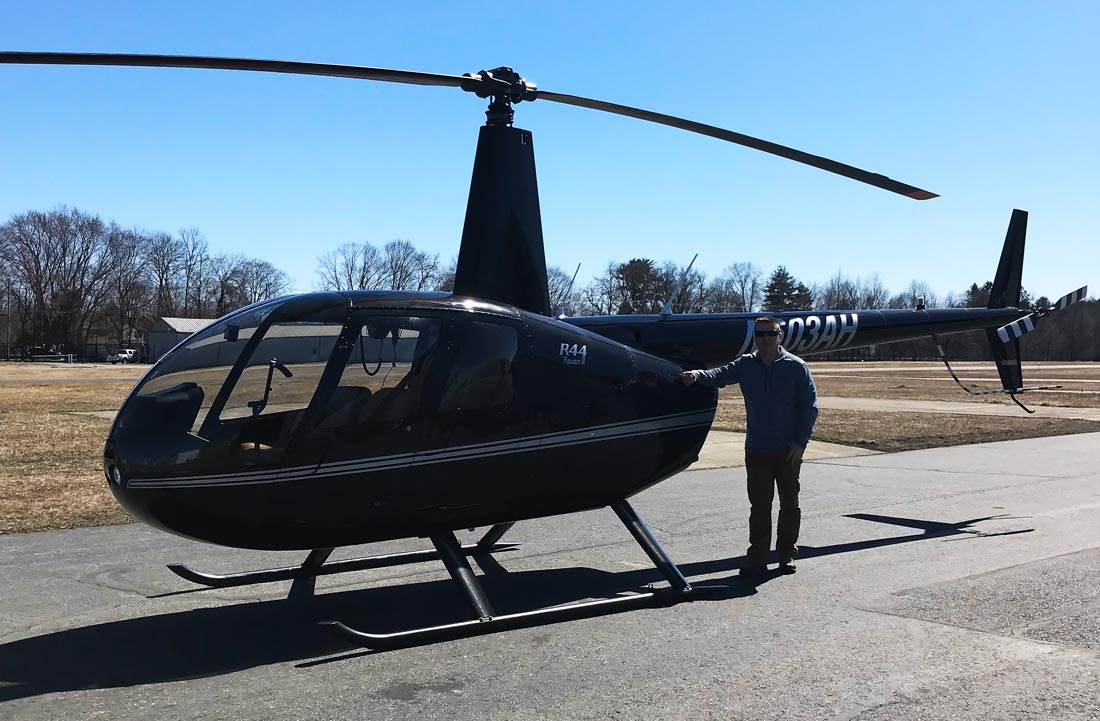
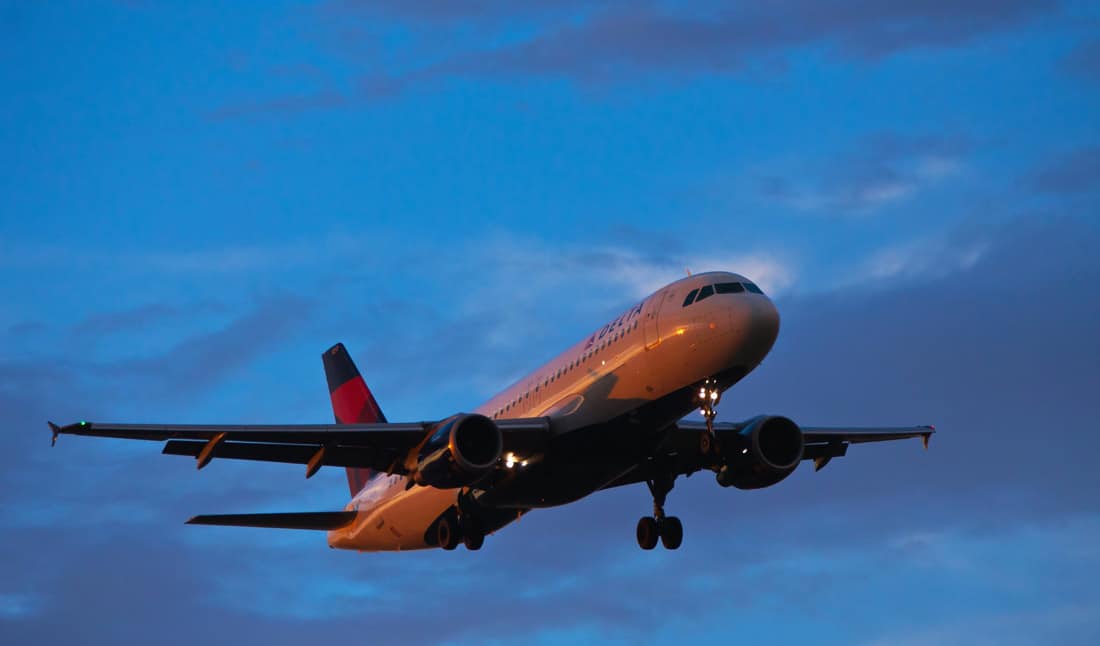
This appears to be a male-only list of traits. Lots of these traits describe me, but I think you will find a predictable difference with female pilots. Please don’t say “pilots” when you mean only male pilots. Thanks.
And that, Ms. Street-Ely, may be one of the main reasons that so many women do NOT even try to become pilots, professional or otherwise. They SEE that list, and they THINK it’s a male-only list (for whatever reason), when it’s not. It’s a list of typical pilot characteristics. I’m sure there IS a different list of typical characteristics for women vs. men, but I would submit that there won’t be a gender difference in the list of typical traits for successful pilots.
Some women do not feel like they see themselves having most of those traits (and you’re obviously one of them), and some think it’s because “girls aren’t supposed to be pilots”. There MAY BE more men who have those traits than women, as a percentage of their group, but PILOTS who have them will likely outperform those who do not, notwithstanding their genders,
Though recently retired, I very happily shared cockpits with many fine women pilots in my 36 year airline career, having started with a major airline just about the time the field was really just being largely opened to women who were inclined to give it a shot. The only women I ever felt were unsuited to the profession were those who did not possess the aptitude and skills to do the job, not because of their genders, but in large part because of their attitudes, and because of WHY they were really there.
Some of those who braved the undoubted slings and arrows needed to get hired as women (especially back then) felt “entitled” to be there, and they felt they did not have to work as hard to excel as the rest of us. And it showed. This very small minority of the early female new-hires felt (unfortunately correctly, in some cases) that they would not be held to the same standard, and so they coasted. They didn’t do well. Then later, the fun of “poking the bear” wore off, and many of them left. In this case, fortunately for us all.
Unfortunately, some of those first hired women were very marginally qualified, (by their own admission in some cases I’m familiar with) and they were less suited to BE professional pilots than they were to challenging the anti-women bias that unquestionably existed back then. And what the more “militant” of them accomplished, rather than proving those “anti-women” stereotypes wrong, was that they proved that at least in their own cases, they were instead true.
Those in charge of hiring for the profession undoubtedly needed to be kicked in the tail to give those who would make good pilots an equal chance. But again, unfortunately, the process of getting us all past the stereotypes was delayed by those few ill-suited pioneers, but I believe that today, if a woman has the inclination, experience, drive, and skills to do the job, she will have just as good a chance as a male counterpart, It was definitely NOT always so, but no thanks to some of those ill-prepared early hires, I believe it is so today.
I’m sure I will certainly take heat for saying so, but I also believe that the vast majority of well-suited and well-qualified minority pilots had their path to general acceptance in the industry affected by just the same problem. Some seriously UNqualified early minority hires (chosen for all the wrong reasons) did their well-qualified brethren and their successors no favors by being hired when they were NOT ready, qualified, or suited for the job.
How about we stop looking at what traits are male vs. female, and look at what’s more “pilot-like”, to make the hiring decisions, can’t we?
Hi, Linda. You fall short in your thesis. What are the differences?
I didn’t see any of those traits and think they were male-only traits….after I read your comment, I went back and re-read the traits…I still can’t pick out a single one that I think of as male-only. I don’t think the article writer meant male only. I thought it was a cool article, interesting, as I know a lot of pilots (Male and Female) and they all have at least half of those traits!
“Do we become pilots because our DNA defines us with these pilot personality characteristics or do we become pilots and our personalities change?”
For me, becoming a pilot has changed my personality. Learning to fly made/is making me more confident, made me plan more, and a whole host of other things 🙂
This was a fun to read..thanks for sharing!
If you subjected the responses of 100 pilots to these 24 “traits” (some of which are vague & some of which morph into each other) to factor analytic techniques, you might (with some fiddling) find 3-4 factors which, together, account for 75% of the variance. If you got this far, it would mean that a few traits possess at least some convergent validity . . . halfway there. The next test would determine the discriminant validity of these 3-4 traits. You would administer an assessment to 30-50 members, each, of many other professions to see if any trait discriminates pilots from, say, plumbers. Don’t expect anything! Most of these so-called traits are of the “that’s me” kind, subscribed to by many of us. Countless attempts to classify human behavioral preferences along stereotypical dimensions have been made over the decades. Virtually all fail when you bring science into the picture. Nonetheless, Cosmopolitan magazine makes a living doing it. Fun stuff, albeit a bit sexist as well.
Depends on my mood. At any given moment I reserve the right to display whatever “trait” will get me out of trouble… or sometimes into trouble, depending on the kind of “trouble”.
I flew helicopters in Vietnam, spent 9 years as a cop, then 22 years as a corporate pilot finishing my career in the Citation X. Since medical retirement from flying I have been diagnosed with PTSD and have been trying to figure it all out with one-on-one and group counseling. Groups include Vets from Korea, Vietnam, and Post 9/11 conflicts. The majority of the guys (yes, all guys so far) in the group sessions display the majority of the personality traits you ascribe to pilots. Staring out from behind both groups — pilots and Vets — is hypervigilance. I think of it more as survival instinct on which volumes can be written …
Difficult to live with and don’t expect any emotional support or understanding Or expect an intense emotional relationship.
One of the previous repliers wrote “I flew helicopters in Vietnam, spent 9 years as a cop, then 22 years as a corporate pilot.” This is not unusual. I talked with a psychologist who had researched First Responder personalities who said that they could not tell the difference between “cop” personalities and “pilot” personalities with the most sophisticated psychological tests. She and I did a panel discussion on pilot personalities at a literary science fiction convention.
Indeed ….My traits are so perfect, that even my virtues are defective!! (LOL)
What I want to know is whether these are traits just of working pilots, or traits of good pilots. We shouldn’t assume the list matches, though let’s hope at least some of it does.
I enjoyed the read, and confidently recognized, within me, 19 traits. I don’t look at any of those as male traits. But maybe I’m such a huge Tom boy I am overflowing with testosterone?? Besides flying, I am a mechanical and civil engineer, and have a certificate in automotive technology. I’ll fly a plane, work in construction, or work on a car next to any guy! (It might also give me an opportunity to teach somebody something, or learn something.) I’ve been in male-dominated fields most my life, and I like it. With respect, please just consider me ‘one of the guys!’
Here’s another list:
1. Long love of flying/airplanes
2. Above averge intelligence
3. Analytical
4. Goal oriented
5. Above average risk taker
6. Competitive
7. Confident (almost arrogant)
8. More aggresive than average
9. More curious than average
10. Excellent spatial intelligence
11. Perfectionist
12. Good hand/eye coordination
13. More critical than average (judgemental)
14. More suspicious than average
15. Hi level of situational awareness (keen)
16. Uncompromising
17. Hi level of general knowledge
18. Enjoys physics/math/sciences
19. Excellent at compartmentalizing problems
20. Above average logical skills
I had just about all of these.